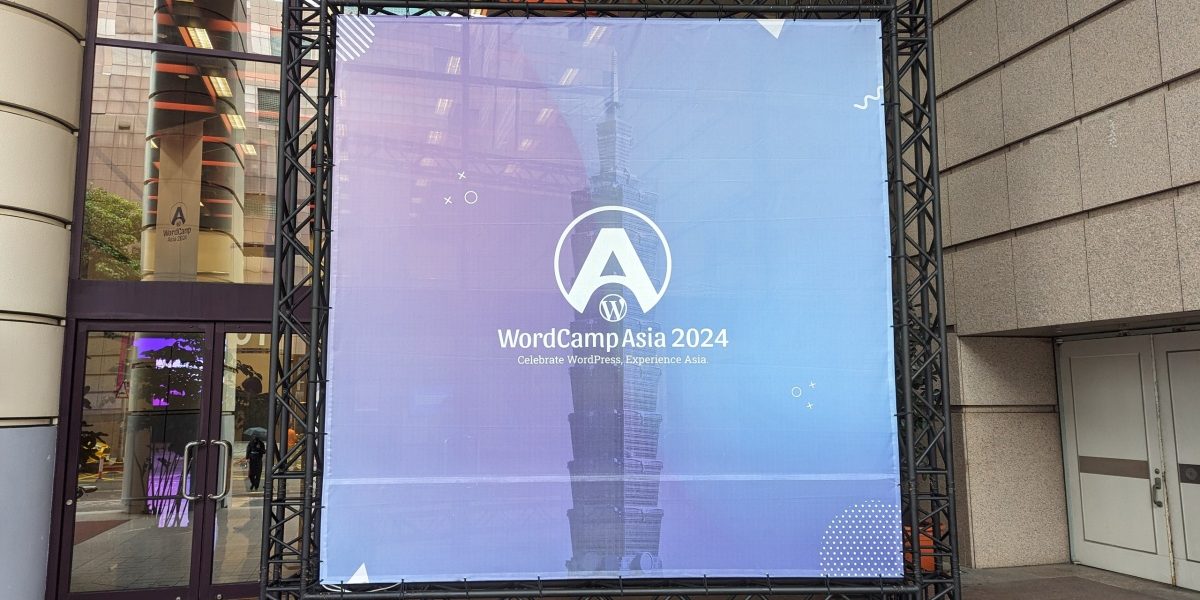When a group of the poorest households in West Bengal, India, received a one-time economic boost—an influx of capital like a cow, or an inventory of trinkets they could then sell at a market—that “big push” didn’t only help them out momentarily. It improved their lives even a decade later.
The experiment in West Bengal, based on a program called “Targeting the Ultra Poor,” pioneered by a Bangladeshi NGO called BRAC, began in 2007 and was part of a series of experiments testing economic interventions in six different countries. It focused on the poorest people in villages there, those who had to beg to survive, who had no other economic resources to draw on.
“There’s sort of a long traditional view, which is that maybe these people aren’t able to sustain themselves,” says Abhijit Banerjee, a Nobel Prize-winning professor of economics at MIT and coauthor of the recently published paper looking at this study’s impact 10 years later. “This was an attempt to…
Read More…
Source : fastcompany.com
Source link




